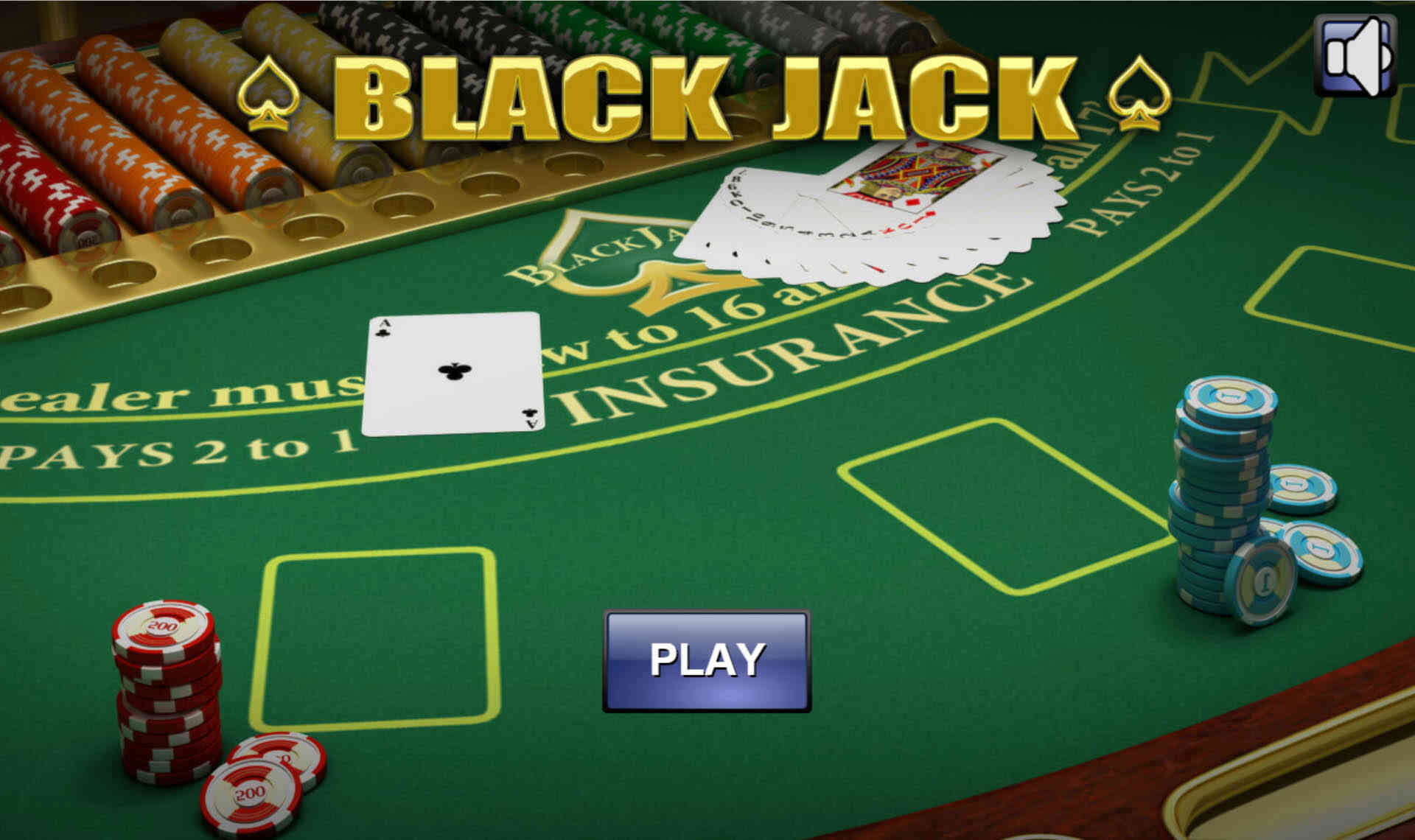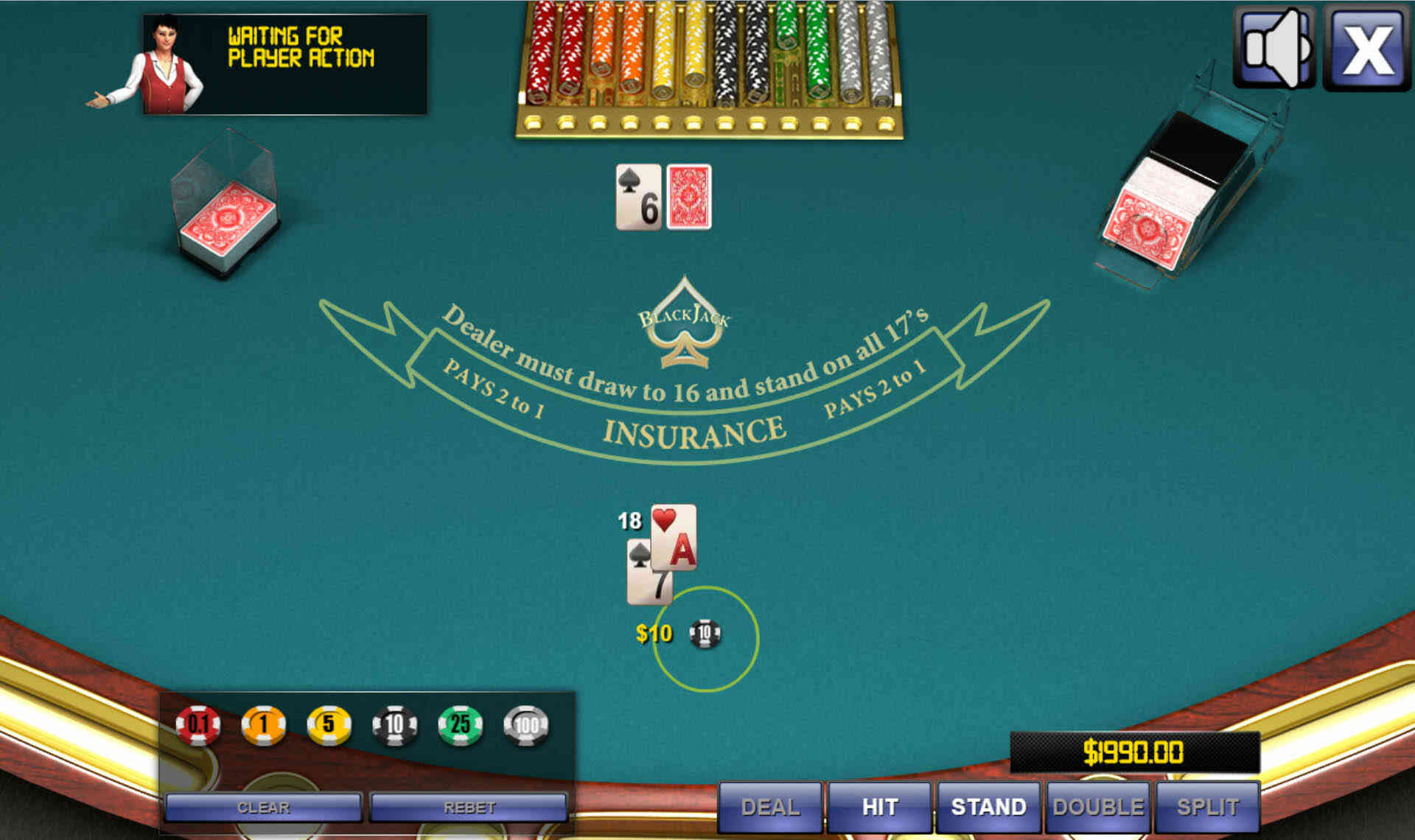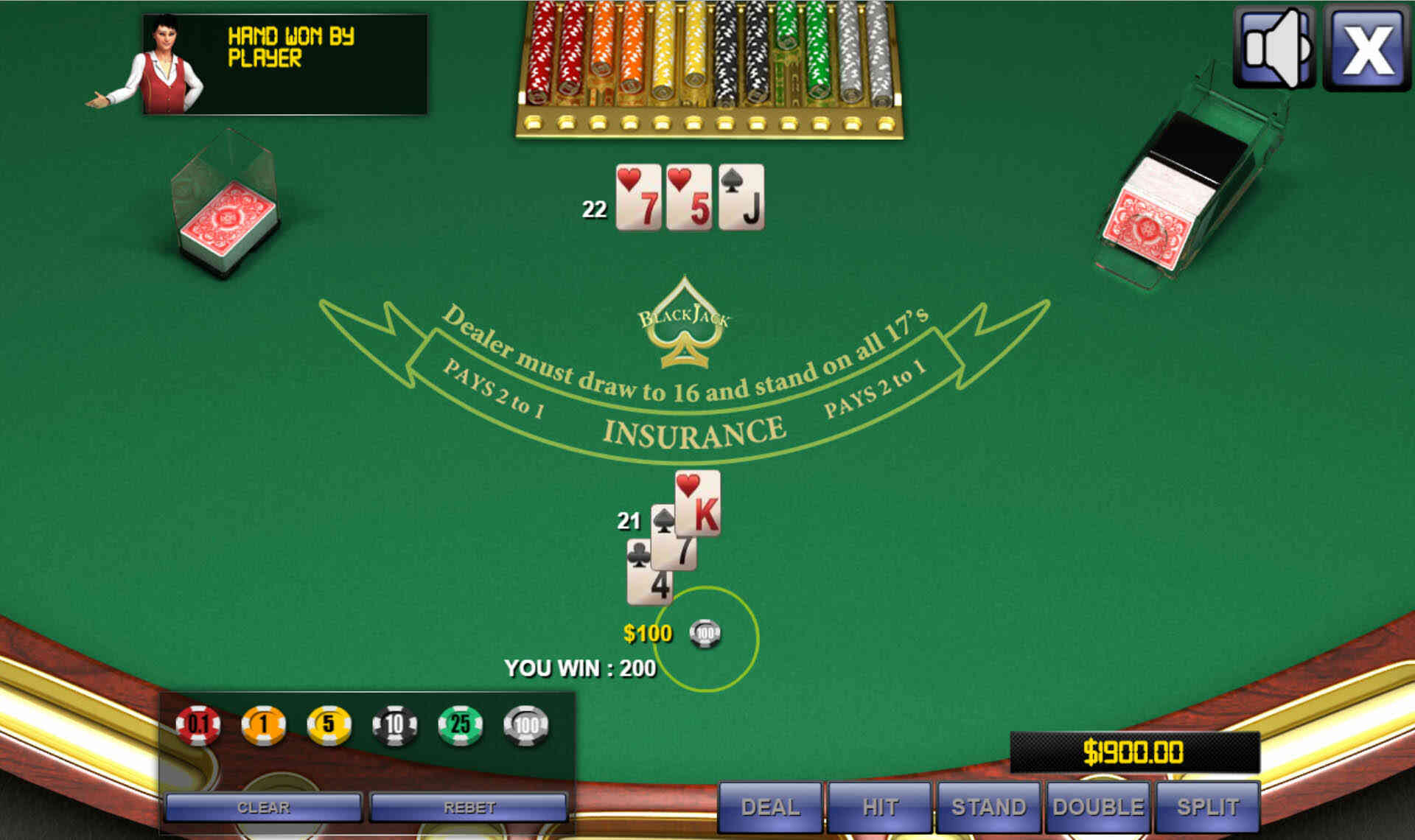Introduction
Blackjack (formerly Black Jack and Vingt-Un) is a casino banking game. The most widely played casino banking game in the world, it uses decks of 52 cards and descends from a global family of casino banking games known as Twenty-One. Blackjack players do not compete against each other. The game is a comparing card game where each player competes against the dealer.
How to Play and Rules of Blackjack
At a blackjack table, the dealer faces five to nine playing positions from behind a semi-circular table. Between one and eight standard 52-card decks are shuffled together. To start each round, players place bets in the "betting box" at each position. In jurisdictions allowing back betting, up to three players can be at each position. The player whose bet is at the front of the betting box controls the position, and the dealer consults the controlling player for playing decisions; the other bettors "play behind". A player can usually control or bet in as many boxes as desired at a single table, but an individual cannot play on more than one table at a time or place multiple bets within a single box. In many U.S. casinos, players are limited to playing one to three positions at a table.
The dealer deals from their left ("first base") to their far right ("third base"). Each box gets an initial hand of two cards visible to the people playing on it. The dealer's hand gets its first card face up, and, in "hole card" games, immediately gets a second card face down (the hole card), which the dealer peeks at but only reveals when it makes the dealer's hand a blackjack. Hole card games are sometimes played on tables with a small mirror or electronic sensor used to peek securely at the hole card. In European casinos, "no hole card" games are prevalent; the dealer's second card is not drawn until the players have played their hands.
Dealers deal the cards from one or two handheld decks, from a dealer's shoe, or from a shuffling machine. Single cards are dealt to each wagered-on position clockwise from the dealer's left, followed by a single card to the dealer, followed by an additional card to each of the positions in play. The players' initial cards may be dealt face up or face down (more common in single-deck games).
The object of the game is to win money by creating card totals higher than those of the dealer's hand but not exceeding 21, or by stopping at a total in the hope that dealer will bust. On their turn, players choose to "hit" (take a card), "stand" (end their turn and stop without taking a card), "double" (double their wager, take a single card, and finish), "split" (if the two cards have the same value, separate them to make two hands), or "surrender" (give up a half-bet and retire from the game).
Number cards count as their number, the jack, queen, and king ("face cards" or "pictures") count as 10, and aces count as either 1 or 11 according to the player's choice. If the total exceeds 21 points, it busts, and all bets on it immediately lose.
After the boxes have finished playing, the dealer's hand is resolved by drawing cards until the hand achieves a total of 17 or higher (a dealer total of 17 including an ace valued as 11, also known as a "soft 17", must be drawn to in some games and must stand in others). The dealer never doubles, splits, or surrenders. If the dealer busts, all remaining player hands win. If the dealer does not bust, each remaining bet wins if its hand is higher than the dealer's and loses if it is lower.
A player total of 21 on the first two cards is a "natural" or "blackjack," and the player wins immediately unless dealer also has one, in which case the hand ties. In the case of a tie ("push" or "standoff"), bets are returned without adjustment. But a blackjack beats any hand that is not a blackjack, even one with a value of 21.
Wins are paid out at even money, except for player blackjacks, which are traditionally paid out at 3 to 2 odds. Many casinos today pay blackjacks at less than 3:2. This is common in single-deck blackjack games.
Blackjack games usually offer a side bet called insurance, which may be placed when the dealer's face up card is an ace. Additional side bets, such as "Dealer Match" which pays when the player's cards match the dealer's up card, are also sometimes available.
Source and further information about Blackjack can be found here : https://en.wikipedia.org/wiki/Blackjack
- mynamejeff
my name jeff






